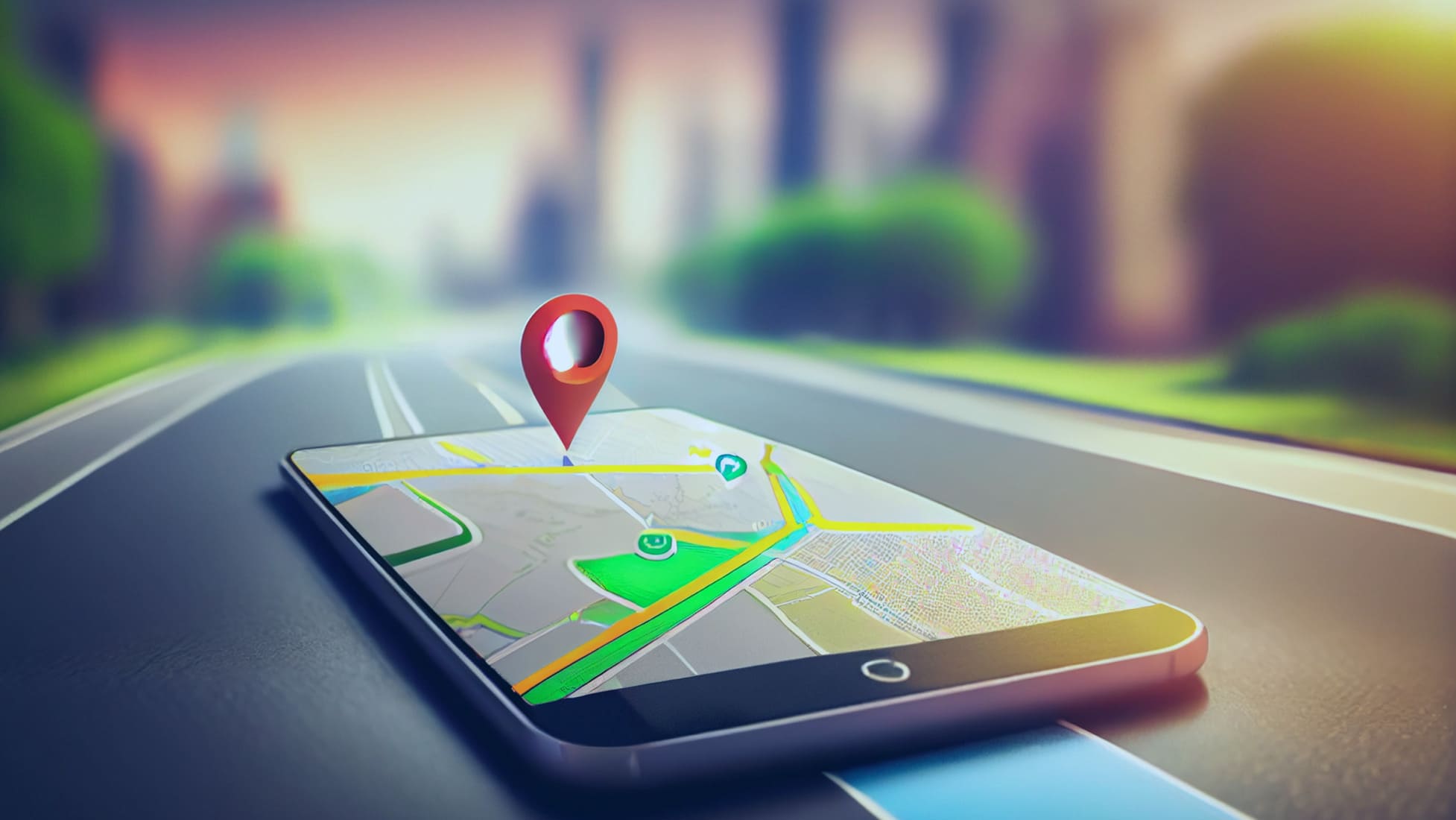Recognizing GPS Tracking: Technology, Applications, and Advantages
Recognizing GPS Tracking: Technology, Applications, and Advantages
Blog Article
Navigating the Future of GPS Tracking: Innovations, Challenges, and Opportunities Ahead
As we stand at the crossroads of social ramifications and technological improvements, the landscape of GPS tracking is poised for a transformative trip ahead. The advancement of GPS innovation has been rapid, ushering in a brand-new age of real-time tracking capabilities that guarantee unmatched levels of accuracy and effectiveness. Nonetheless, with wonderful innovation comes terrific obligation, as information privacy worries impend large and protection challenges in GPS tracking raise pertinent questions concerning guarding delicate info. Amidst these obstacles lie concealed possibilities waiting to be checked out, offering a glimpse right into the untapped capacity of a sector at the verge of modification.
Development of GPS Modern Technology
Established for military functions, GPS innovation has actually developed to come to be a common device in different fields, including transport, logistics, agriculture, and personal navigating. Early GPS systems were identified by limited insurance coverage, lower accuracy, and bulkier hardware demands.
One trick turning point in the evolution of GPS innovation was the growth of Careful Availability (SA) in the 1990s, which intentionally broke down the precision of civilian GPS signals. The discontinuation of SA in 2000 considerably enhanced GPS accuracy for civilian individuals. Subsequent improvements, such as the implementation of extra satellite constellations like Galileo and BeiDou, have additionally improved GPS protection and accuracy, making it a vital tool in everyday life. As general practitioner technology continues to develop, we can expect more improvements in accuracy, insurance coverage, and performance, opening up new opportunities for technology and applications across numerous industries.
Real-Time Tracking Advancements
Structure on the developments in GPS modern technology that have actually transformed precision and protection, real-time tracking has become a critical location of advancement with extensive implications throughout numerous fields. Real-time tracking innovations enable companies and organizations to keep track of employees, possessions, and vehicles instantly, providing useful insights for decision-making processes - gps tracking. By leveraging real-time information, companies can improve functional effectiveness, boost client service, and ensure the security and safety and security of their assets
Among the vital improvements in real-time tracking is the combination of man-made intelligence and artificial intelligence formulas, which enable anticipating analytics and anomaly discovery. These capacities enable positive maintenance scheduling, path optimization, and risk reduction approaches. In addition, the evolution of real-time radar has actually led to the advancement of mobile applications and personalized control panels, encouraging users to gain access to essential info anytime, anywhere.
Data Privacy Concerns

Information privacy problems include various aspects, consisting of the storage space, sharing, Web Site and retention of area information. Companies need to carry out durable protection procedures to secure general practitioner tracking data from cyber dangers and information breaches. Clear plans regarding data collection methods and the function of tracking are vital to develop depend on with consumers and ensure conformity with data security laws.
Safety Challenges in GPS Tracking
Attending to information privacy problems in GPS monitoring is delicately linked to alleviating the security challenges that develop from possible susceptabilities in the innovation. One of the primary safety difficulties in GPS monitoring is the threat of unauthorized access to delicate place information.

One more protection obstacle is the potential for spoofing or jamming General practitioner signals. Implementing durable file encryption, authentication measures, and signal verification methods are important actions in attending to these protection difficulties in GPS monitoring.
Arising Opportunities in the Market
The growing field of general practitioner tracking modern technology provides a myriad of encouraging chances for market growth and technology. One crucial possibility lies in the expansion of general practitioner monitoring applications past typical sectors. Industries such as logistics, transport, and fleet monitoring have been early adopters of GPS technology. However, arising possibilities are now arising in areas like medical care, farming, and environmental monitoring. For example, general practitioner monitoring can transform patient treatment by allowing remote surveillance of crucial indications and guaranteeing timely clinical assistance. In agriculture, general practitioner modern technology can maximize crop administration methods and improve total return. Ecological tracking can benefit from GPS monitoring by making it possible for real-time information collection for climate research and preservation initiatives.
Furthermore, the increasing demand for connected devices and IoT options provides a ripe possibility for GPS tracking companies to broaden their offerings and create innovative options that provide to a more connected globe. By taking advantage of on Visit Website these emerging possibilities, GPS monitoring companies can position themselves for continual growth and success in the vibrant landscape of the sector.
Final Thought
To conclude, the future of general practitioner monitoring is marked by continuous evolution and advancement in technology. Real-time monitoring developments and arising chances present promising leads for the industry. Data personal privacy worries and protection challenges remain considerable difficulties that need to be attended to. As the sector moves on, navigating these obstacles will certainly be critical to guarantee the continued development and success of GPS tracking innovation.
With great advancement comes terrific obligation, as data personal privacy problems loom big and safety and security obstacles in General practitioner monitoring raise pertinent questions concerning protecting delicate information.With the fast proliferation of General practitioner monitoring technology in numerous industries, attending to data personal privacy worries has actually come to be a vital crucial for both customers and businesses alike. The collection of place data with General practitioner tracking increases substantial personal privacy concerns, as it makes it possible for the surveillance of people' motions and behaviors. Companies using General practitioner tracking must prioritize protecting this data to prevent unapproved gain access to or misuse that can compromise people' personal privacy rights.
Services should apply durable protection procedures to safeguard General practitioner monitoring information from cyber risks and data breaches.
Report this page